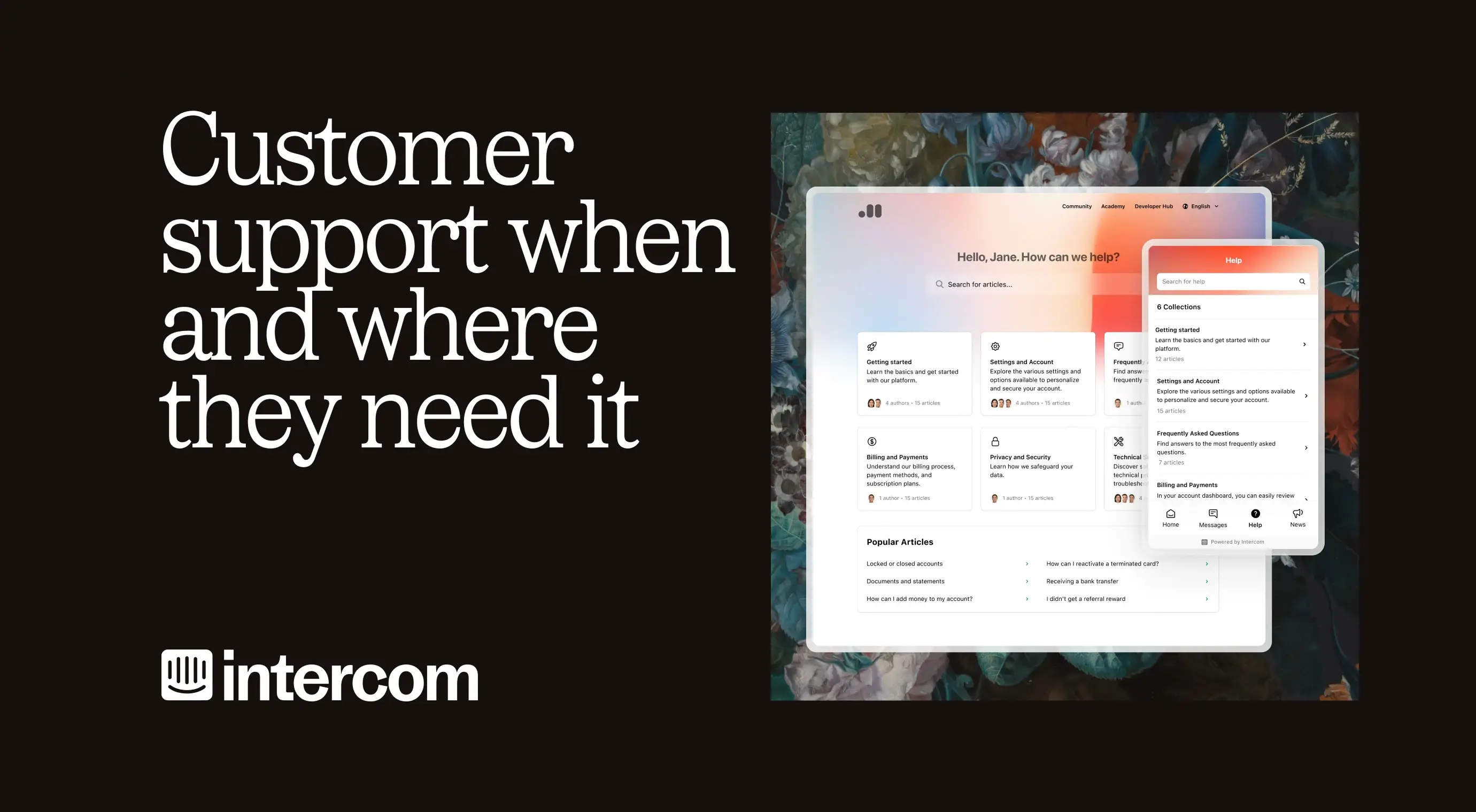網誌
Can Ecommerce Platforms and Cloud Technologies be Marketplace Builders?
Overview of technology and business considerations for companies considering building their own regional or niche marketplaces and discusses existing platforms such as Magento and Shopify.

Where are Ecommerce Marketplaces Heading?

Marketplaces serve to connects many suppliers to many buyers. Marketplaces can include sharing economy platforms, such as AirBnB, and global and regional ecommerce marketplaces such as Etsy.com, Rakuten, Lazada, and JD.com. Marketplaces range from monolithic sizes such as Amazon and Alibaba to ones that serve local markets such as HKTV Mall and ZTore for Hong Kong. With the incredible success of major global marketplace players, it is reasonable to assume that we will continue to see continued growth of marketplace services. In particular, opportunities are emerging for regional/niche ecommerce marketplace services that provide specialised curation and differentiated service experiences to the demographics and customer types they serve.
Despite the availability of ecommerce cloud solutions, building a marketplace for ecommerce is not a trivial undertaking as most of the generally available ecommerce solutions are designed for setting up an individual brand online store as opposed to a marketplace of third party sellers and suppliers.
So What Approaches Are Available for Building a Marketplace?
With the availability of online ecommerce platforms such as Shopify or Magento, the decision is not simply an all-or-nothing between a custom-built marketplace or a user-friendly ecommerce store building platform. Below, we do an overview of opensource approaches that are usually self-hosted in contrast to cloud solutions.
Opensource
One approach is to start by using popular ecommerce opensource solutions to build out a marketplace service that suits your needs through the use of custom development as well as relevant third party extensions. Opensource solutions gives businesses flexibility to make use of a tried and tested solution used by thousands of other merchants globally and access to key ecommerce infrastructural tools such as product catalogue management, sales transactions, order management, and third-party plugins to serve specific needs. While an established ecommerce platform such as Magento, which is owned by Adobe, has a rich development support ecosystem, merchants should note that integrations will require a development team to create the desired marketplace experience for suppliers and shoppers. Nonetheless, opensource solutions may be preferred for businesses that prefer to self-host.
Cloud Ecommerce Solutions
In contrast to self-hosted solutions, SaaS solutions are typically designed to be easier to get your service up and running without the need to self-manage infrastructure and there are more user-friendly services that work out of the box. For example, an ecommerce platform such as Shopify already has full-package infrastructure that includes aesthetic storefronts paired with an optimized backend for operations. Shopify merchants have immediate access to optimized online shopping features such as mobile-responsive and customizable storefront designs, frictionless checkout and payment systems, customer management, and order fulfilment. (Disclosure: Wave Commerce is a Shopify partner and believer in the cloud-based ecommerce platform.)
The trade-off with SaaS platforms such as Shopify may be restrictions in customization since the code base is not released.Shopify allows for customization through robust APIs and merchants using ShopifyPlus have deeper access to the platform through the Shopify Script Editor, which allows merchants to modify key points such as the checkout page. However, to meet the unique needs of a marketplace that requires managing third party supplier relationships, merchants will likely need to build out a system that integrates with Shopify via Shopify’ s APIs. Depending on your marketplace needs, a Shopify store can be modified to deliver marketplace functionalities that integrate with business operations.
Business Considerations
Before diving in to choose a platform solution or agency partner, we recommend that clearly defining your marketplace’s customer and supplier needs is paramount to choosing a technology solution. Key considerations include clarity of roles between you, as the marketplace, with vendor partners, workflow and communication, logistics and order fulfillment, and ensuring that your marketplace shoppers have positive customer experiences. Below, we have outlined some initial questions to answer:
Marketplace Size
How large do you anticipate your partner vendor or supplier community to be? The size will have implications on how you set up your management system for users and inventory.
Current Relationship
What is your relationships with your vendors and suppliers? Do you expect the marketplace to change the relationships and how do you need to manage these relationships with the platform you use?
Workflow
What is your expected workflow from the envisioned marketplace? For example, how will product listings from these suppliers be managed?
Roles
Who takes care of what roles? For example, does the marketplace or vendor provide customer support and how would that be managed? As a marketplace, how can you guarantee a positive shopping experience for customers while managing risk, returns, and investment in customer service?
Communication
What type and frequency of communication do you need on the platform? What types of reporting do you need to do to manage your vendor relationships?
Having your operations and vendor arrangements thought through and mapped out will be critical when engaging solutions providers to check baseline requirements and choose a solution that fits your needs. Regardless of technology approach, building a marketplace will require a significant investment. Investing upfront in a suitable solution is also worthwhile so that the marketplace is robust and extensible to scale with your business in the future.
At Wave Commerce, we work with companies in North America as well as regional clients in Hong Kong and Greater China to create bespoke ecommerce experiences for clients and their customers. We are always looking to work with visionary clients on projects that stretch the possibilities of Shopify and other ecommerce solutions. You can see how we designed and executed on online-to-offline shopping solutions,full Chinese-language Shopify store customization, and fashion-industry ecommerce browsing features for our Hong Kong-based clients.
If you would like to learn more about Shopify’s capabilities and other marketplace builder solutions for your business, please get in touch!




